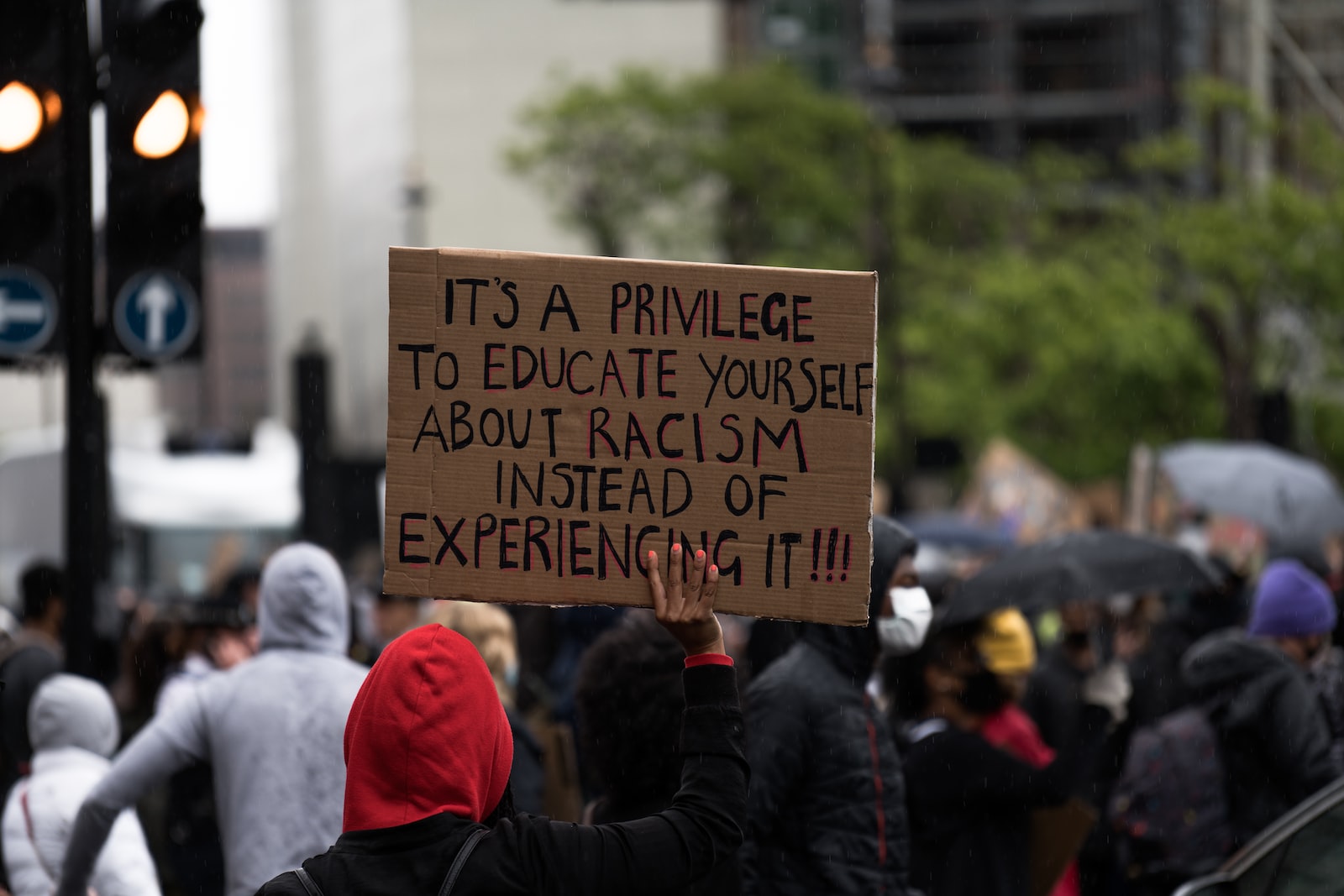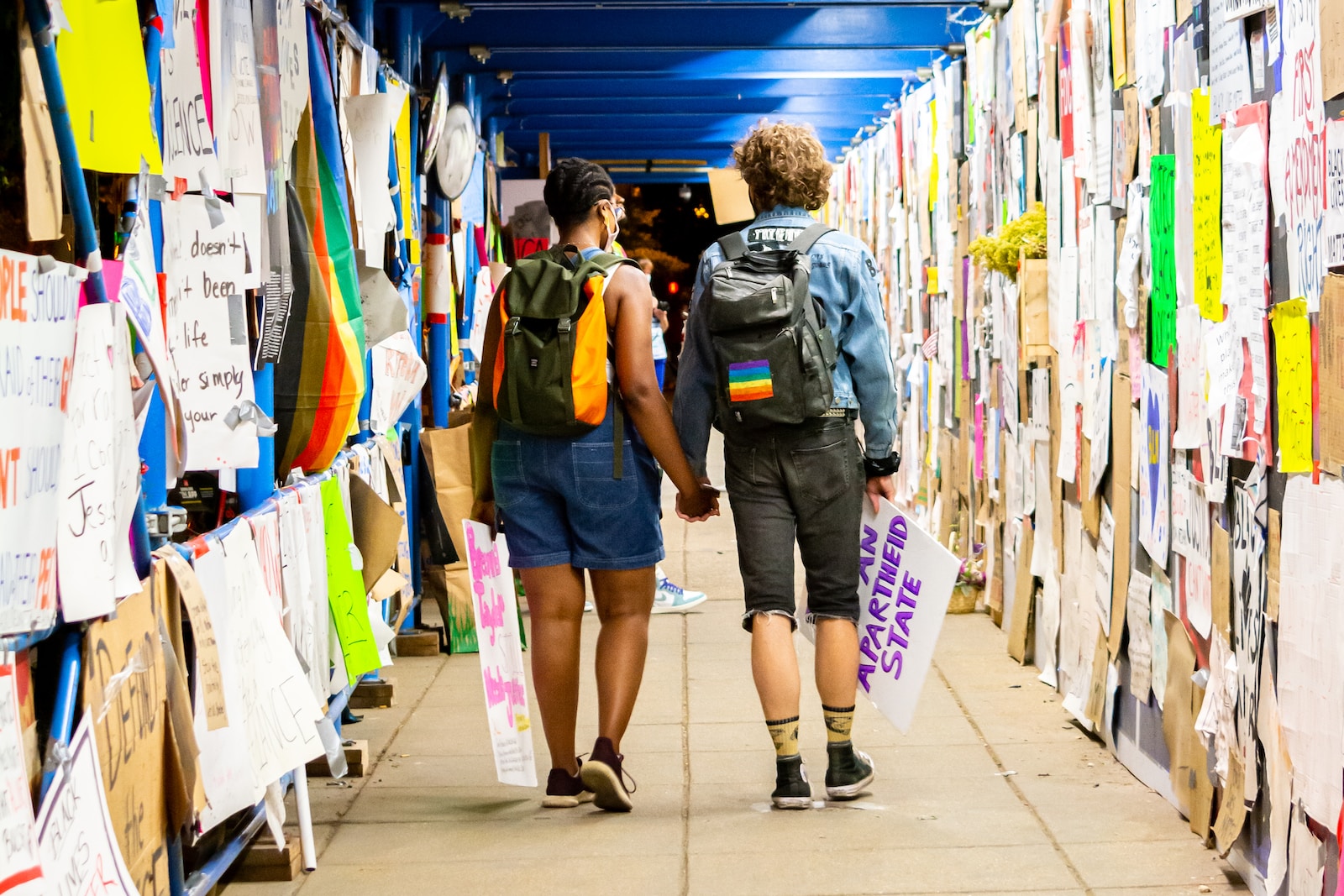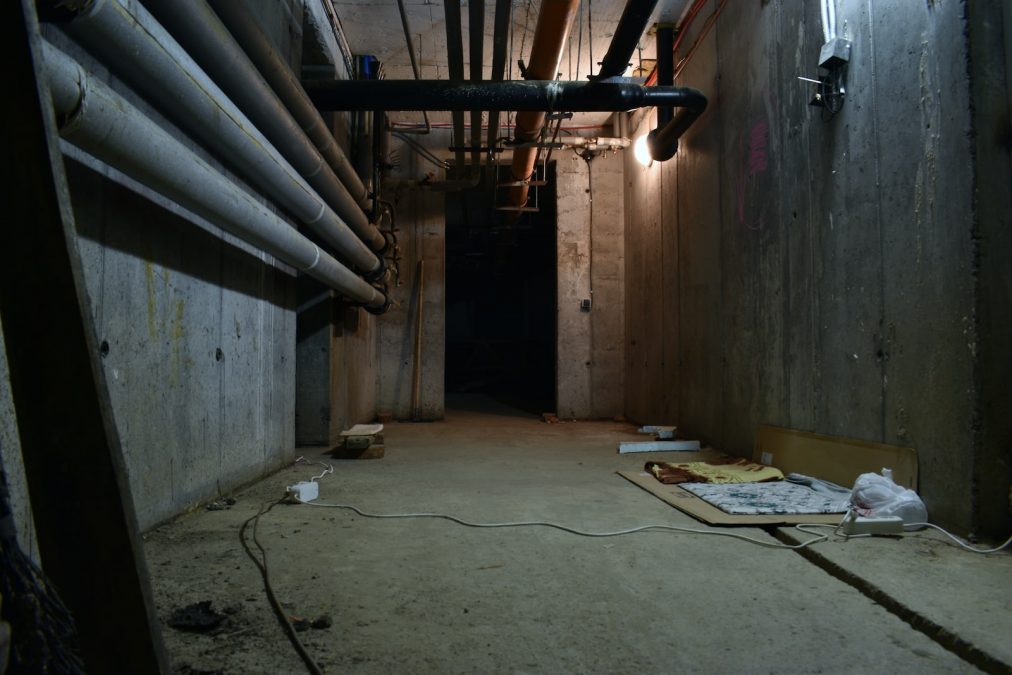
Al Barrett: When I (finally) realised I was White
February 23, 2023
Angela Sheard “Being a crossroads: Navigating theological education and racial discourse in the Church of England as a mixed-race person”
March 31, 2023Applying for ‘asylum’ is not a crime, but criminalising people for even trying to get to a safe place is a crime against humanity. Detaining and deporting them without even considering their story and claim is immoral and unethical. Those who exploit already vulnerable people making money from them are those committing crime. Stop them, don’t stop the boats. Government also should halt inhumane responses to a human catastrophe, and already vulnerable human beings.
Numbers of people seeking sanctuary in the UK have not ‘soared’. Germany, France and Spain each receive more people seeking sanctuary than does the UK. We can do better.
The UK Nationality and Borders Bill and the current plan to stop people arriving in the UK on small boats seeking sanctuary contravenes the 1951 UN Refugee Convention to which the UK remains a signatory, and also the EU Convention on Human Rights. Applying for asylum is a legitimate right which is not affected by the mode of travel. It is unjust that ‘asylum’ claims are judged by how people travel, not by what they are fleeing (as required by the 1951 UN Refugee Convention).
Way back in 1951 the UK was among one hundred and forty-seven countries that signed the UN Refugee Convention, in the context of millions of people made homeless by World War Two. The Convention defines who a refugee is, it does not distinguish between ‘asylum seekers’ and ‘refugees’. It also tells us that refugees should be protected without discrimination, and that they should not be returned to face persecution. It further makes clear the fact that international cooperation is required to protect refugees.
The Refugee Convention has saved millions of lives. However, it was drafted seventy-two years ago, and is not a perfect instrument. It does not, for example, extend protection to people fleeing war, or genocide, or famine, or domestic violence, or trafficked women, children and men, or extreme weather. We do need a broader definition of who a refugee is.
Ninety percent of the world’s refugees are from countries in or close to war and conflict. The long-term solution is a cessation of this violence, and tackling economic inequality, extremist ideology and ecological degradation.
The Home Secretary’s language of ‘crisis’ and ‘invasion’ misrepresents the reality and is unhelpful in the context, and only helps to legitimise hatred and hate speech. The firebombing of an immigration centre in Kent, and violent protests outside hotels accommodating asylum seekers illustrates this.
The numbers of people seeking sanctuary in the UK is small. Images of people arriving on the shores of Kent don’t give the full picture. According to the Oxford University’s Migration Observatory, 56,495 people claimed asylum in the UK in 2021 compared to 103,081 in 2002. This is not an invasion or crisis. Almost half of those who come to Britain from outside Europe come here for family reasons.
If there is a crisis, it lies in the inefficient Home Office decision-making processes on asylum claims. Ten years ago around eighty percent of asylum cases were processed within six months. Today it takes considerably longer. The process needs to be speeded up, but this should not be at the expense of listening with care to the stories of asylum seekers. More well-trained officers are required.
Crossing borders is nothing new. It is part of being human to move for personal, social and economic safety and security. The Bible is a story of a people on the move, in exile, and a migrant God. There are no insurmountable obstacles or borders, be they hostile environments of deserts, seas or humans. Migration is in the purposes of God.
Borders, as understood today, are a relatively recent creation. Most borders were formed after World War Two. There are no open or completely sealed borders. In the European Union borders are open between member states. ‘Brexit’ was a rejection of this arrangement in British politics in order to ‘take control of our own borders’.
One lesson we have to draw from our situation now is that it makes no sense to go it alone in border controls. Many European workers, essential to the British economy, have left. European countries are no longer part of the process to assist Britain manage the refugees coming across the English Channel. We are not in control of our own borders this is becoming clear.
Nations now expend huge budgets on immigration and border control. The UK Home Office paid France £54 million in 2021 to police the Channel with more pledged recently, and up to the end of October 2022 had spent £130 million on the so-called Rwanda policy. A hostile tone is portrayed to deter or stop refugees.
There is a growing challenge to this hostile environment, not least from those who see freedom of movement across borders as the way ahead. This includes well-researched and well-reasoned calls for open borders on the basis that migration is an essential part of being human, will increase in the future, and is a solution not a problem. For example, Caplan (2019), Mehta (2019), Khanna (2021), and Vince (2022) all argue in favour of open borders, presenting immigrants as generators of wealth, not as threats.
Opening borders is not about abolishing them, but accepting immigrants at ports of entry with compassion, not cruelty. The global northern countries have a moral obligation to give sanctuary to those whose lives they endanger and impoverish by climate change and war. Immigration is the result of a long colonial history, and now seen as part of reparations.
Recognising we have become a planet on the move, we need policies which are not focussed on preventing migration, but providing strategies for dealing with the inevitable and integrating new arrivals more successfully and humanely. Human beings search for safety and stability. Mass migration is essential and the best way forward for humanity in a globally warmer world. In this scenario human beings will do what they have always done throughout history, and that is to move. But this time on a scale not seen before. Most of these migrants will move to cooler northern and southern regions. The biggest obstacle to movement of people today is represented by borders.
Theologian Gemma Tulud (2014) makes a strong, coherent, cohesive and compassionate case for theological reflection on migration, exploring the positive dimensions of migration and migrants. Working from a theology of ‘one bread, one body, one people’ she argues for social justice in immigration.
What this means for me is, investment in instruments of healing not hurting, compassion not cruelty; processes to manage not prevent immigration; broadening the definition of refugee; creating safe passage for people seeking sanctuary and refugees, not reducing them; supporting search and rescue of those in danger; care and speed in asylum decision and ending detention of already hurting people; establishing the right for asylum seekers to work; building cultures of welcome, hospitality and sanctuary (Bhogal, 2021).
It is possible to protect borders and provide reformed immigration and asylum policies that are based on justice, mercy and humility. Resettlement Schemes can be expanded and enhanced with quality inclusion and integration support of refugees and people seeking sanctuary. As a member of the United Nations and a signatory of the UN Refugee Convention the UK should share the responsibility for the protection of refugees globally.
Thousands of years ago, as recorded in the Bible, God called on people to provide safety in Cities of Refuge to vulnerable people while their case is processed (Numbers 35, Joshua 20). This is ancient and sacred wisdom contained in codes of holiness, and is at the root of the City of Sanctuary and Church of Sanctuary network.
What is happening at national borders reveal the broken points of the world. Borders can be points where nations can meet and explore shared responses, and ways to manage migration. God speaks to humanity from these open wounds and visible scars, calling for justice, mercy and humility, and building human connection.
Hundreds of thousands of people, including many church congregations, are working with people seeking sanctuary at local level to build cultures of welcome, hospitality and safety support, and Churches of Sanctuary. Many more are ready and willing to express warmth and generosity, seeking justice. Becoming a Church/Meeting of Sanctuary is a way of engaging a whole congregation in the challenges addressed above (for more information see the Churches Together in Britain and Ireland Church of Sanctuary website).
On 12 March 2023, the Brighton and Hove Methodist Circuit will be recognised as the first Circuit of Sanctuary in the UK. The Circuit has been well supported in this journey by Sanctuary on Sea (Brighton and Hove City of Sanctuary). This is truly inspirational work, and a great model and inspiration for other Churches and faith centres to achieve Sanctuary Awards in the future. This work at the local level shows that the guiding principles of welcome, hospitality, safety and compassion are compelling, and bringing people of different faiths, and those who profess no particular faith to work together to support refugees and people seeking sanctuary. This is a growing and positive message that challenges the current Government policy.
Inderjit Bhogal, former President of the British Methodist Conference, and Founder of the City of Sanctuary network and movement, passionately committed to the achievement of justice in immigration especially for people seeking sanctuary and refugees
Bibliography
Betts, A. and Collier, P. 2017. Refuge: Transforming a Broken Refugee System. Penguin. London.
Bhogal, Inderjit. 2021. Hospitality and Sanctuary for All. Churches Together in Britain and Ireland, London
Caplan, Bryan. 2019. Open Borders: The Science and Ethics of Immigration. First Second, New York
Gaia, Vince 2022. Nomad Century: How to Survive the Climate Upheaval. Allen Lane, London
Khanna, Parag. 2021. Move: How Mass Migration Will Reshape the World – and What it Means for You. Weidenfield and Nicholson, New York
Mehta, Suketu. 2019. This is Our Land: An Immigrant’s Manifest. Jonathan Cape, London
Tulud, Gemma, C. 2014. Toward a Theology of Immigration: Social Justice and Religious Experience. Palgrave and Macmillan, New York





1 Comment
[…] Also read Inderjit’s blog on the Church of Sanctuary website and the Modern Church website […]